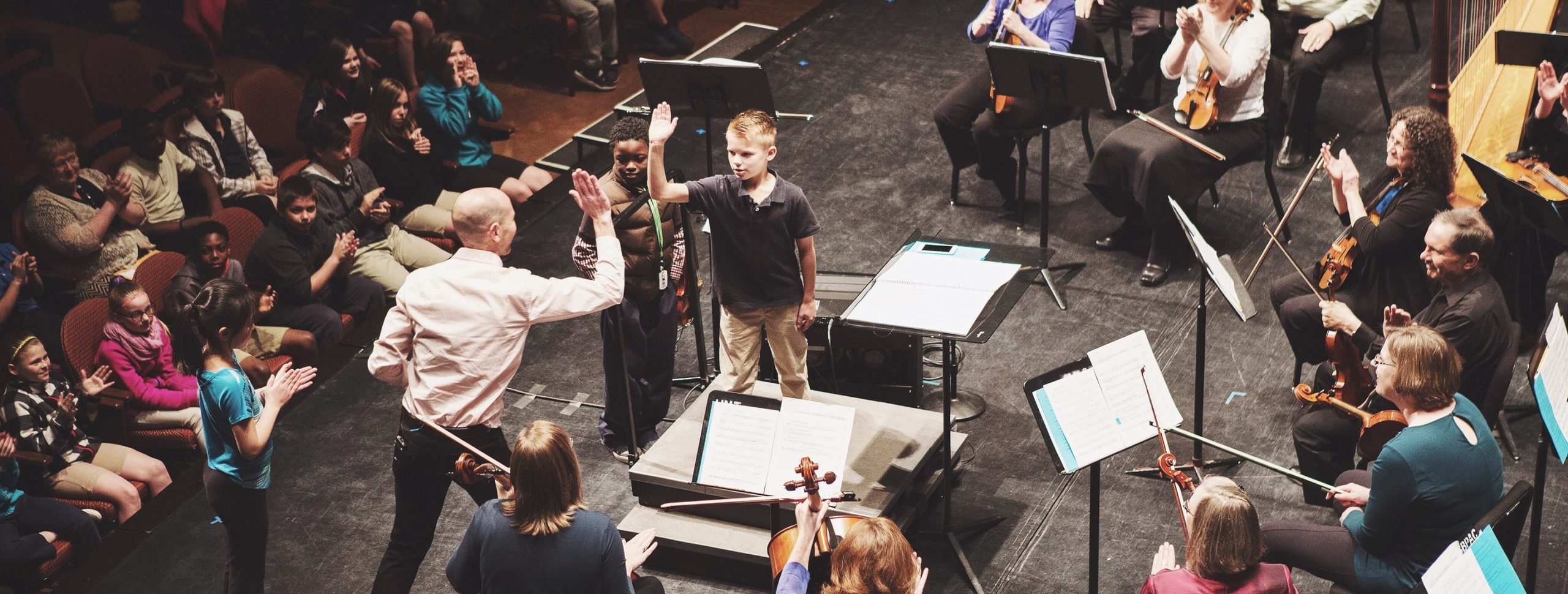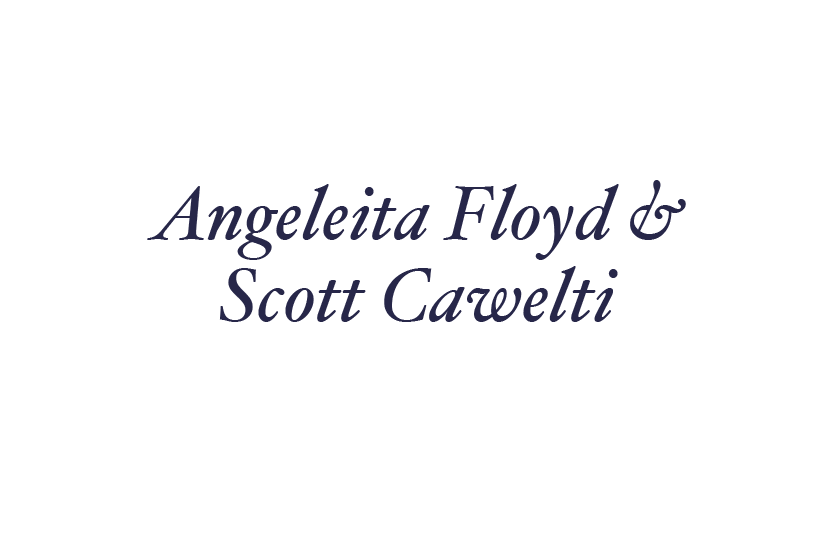
Youth Concerts
Our Youth Concerts inspire 4,000 4th-6th graders each spring and serve schools from an 8-county radius. These free concerts feature the full orchestra in creative and interactive programs.
The 2024 Youth Concerts will take place in person at the Gallagher Bluedorn Performing Arts Center on April 9.
wcfsymphony Youth Concerts are made possible by generous grants from the R.J. McElroy Trust, Guernsey Charitable Foundation and Community Foundation of Northeast Iowa as well as the wcfsymphony Education Committee and Martha Kroese.
THE SYMPHONIC SOUND OF STAR WARS
Listening guide for the 2024 wcfsymphony Youth Concerts
In late April wcfsymphony will present our first performances of a full-length Star Wars film, The Empire Strikes Back, featuring the entire score by multiple Academy Award-winner and legendary American composer John Williams.
Our Youth Concerts earlier this spring will explore some of that movie’s most indelible musical moments, while demonstrating how the galactic sounds Williams created for the big screen were strongly influenced by an array of orchestral composers from the 19th century to the present.
The Orchestra
The orchestra that students will see and hear this spring is a product of the 19th century, when a variety of factors including industrial production of wind and brass instruments and an increasing formalization of the conductor’s role encouraged an explosion in the size and diversity of orchestral forces. In just a few decades prior to the career of Tchaikovsky, the standard orchestra grew from a small number of strings with pairs of rudimentary winds and brass into a large ensemble with 30-plus player string sections balancing significantly larger wind and brass groups. Early 20th-century composers like Holst and Stravinsky pushed the orchestra’s boundaries even further, expanding its size and increasing the number and type of instruments within the wind and percussion families. The group for which those latter composers wrote at the outset of the 20th century is the modern orchestra, and is the same instrumental format used by nearly all contemporary film composers and in particular John Williams.
Classroom activities should include review of the orchestral instruments, their respective numbers in a modern orchestra, and their layout onstage. Jason’s school visits will offer students hands-on (and hands-up!) insight into the practical aspects of conducting a large symphonic ensemble.
The Composer
John Williams is almost certainly the most widely-known composer writing for orchestra today. The main reason for the incredible reach of his music is that most of it has been conceived for the dominant narrative form of our time, film. His output includes famous scores for series like Indiana Jones, Harry Potter, and of course the subject of this year’s Youth Concerts, Star Wars.
One of the most interesting aspects of John Williams style is the extent to which he emulates musical ideas from earlier composers and fits them to the narratives of the films he scores. The soaring melodies of the Star Wars main theme draw on the lush, sweeping style of late nineteenth-century composers like Tchaikovsky, while the exotic and colorful music Williams pairs with vivid characters and space scenes seems indebted to modernists like Stravinsky and Holst. Stravinsky’s ballets in particular seem to have had a huge influence on Williams’ style, perhaps because their musical approach to tempo, instrumentation, and melodic invention is closely tied to fictional (but very tangible) characters.
The musical selections we will be performing (below) are full of repeated references to the characters of Star Wars and to the films’ remarkable visual composition and effects. This technique of quoting and recalling musical material across long stretches of musical composition – called leitmotif – is a foundation of storytelling in music, and has been used by many composers including Williams to help listeners follow the narrative arc of characters, places, and themes.
An excellent way to engage students in careful listening is to ask them to identify which specific sounds are attached to narrative themes from the movies such as character, scenery and action. Encourage students to identify the differences between the first appearance of a theme and the way Williams reuses it and varies it. Listen as well for the changes in orchestration: strings playing long, lush melodic lines, bright and energetic cascades of winds, brass and percussion, and finally the full orchestra march that is a hallmark of Williams’ style.
The Music and Its Influences
John Williams - Main Title from Star Wars
Piotr Ilyich Tchaikovsky - Symphony no. 6, Third movement
Igor Stravinsky - Round of the Princesses from Firebird
John Williams - Leia from Star Wars
Gustav Holst - Mars from Planets
John Williams - Imperial March from Star Wars
Igor Stravinsky - Finale from Firebird
John Williams - Throne Room and End Title from Star Wars
The Concerto
Each year the winner of our Young Artist Concerto Competition performs with the orchestra on the Youth Concerts. While the specific concerto to be performed is unavailable at this time due to the scheduling of the competition and other factors, the concerto as a musical form is nonetheless worth reviewing with students. The typical classical concerto can be understood as a dialogue between two distinct character groups (the soloist and the orchestra) and during the 19th century concertos themselves became a kind of virtuoso theater. Concertos have continued to be a popular part of the concert experience, and John Williams himself has written a number of concertos.









